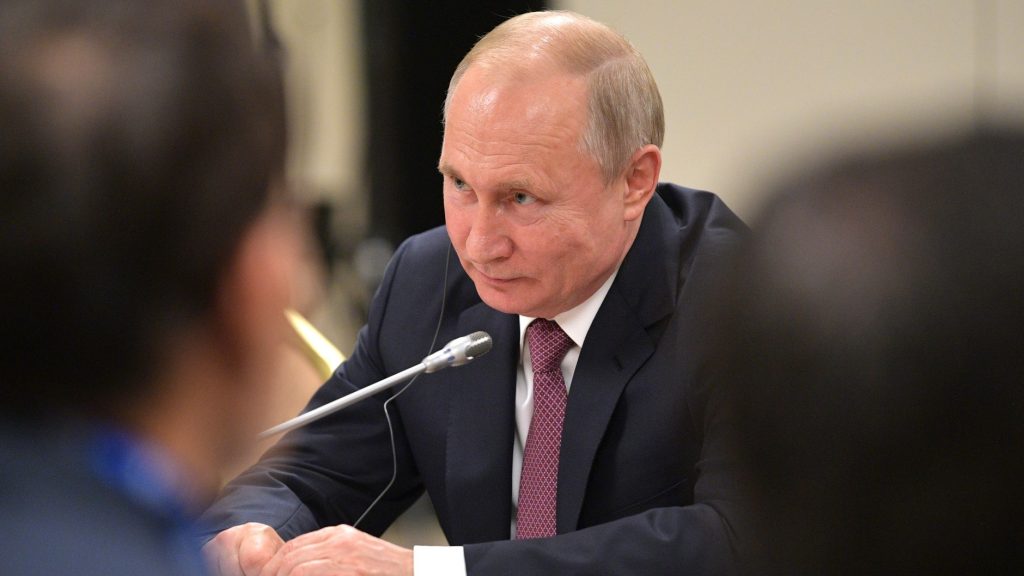Could This Be the End of the War in Ukraine?
Others are reading now
As another year begins, the question of peace looms large over Ukraine. The ongoing war, which has claimed countless lives and reshaped global geopolitics, continues to dominate headlines.
While the world watches and hopes for resolution, signals from both Moscow and Kiev suggest that negotiations might soon be on the horizon.
Wednesday marked the 1,043rd day of the conflict between Russia and Ukraine. Reports indicate that Russia aims to end the war by May 9, a date that carries significant symbolic weight, according to WP.
May 9 is National Victory Day in Russia, commemorating the country’s triumph over Nazi Germany.
Also read
Analysts suggest that aligning the end of the war with this date could serve as a powerful propaganda tool for Moscow.
Despite ongoing hostilities, recent hints from both sides suggest an interest in starting peace talks.
Observers, however, remain cautious. Regardless of the outcome, it is widely believed that Russia will declare itself victorious.
For Moscow, announcing such a victory on May 9 would bolster its narrative both domestically and internationally.
The war has triggered ripple effects far beyond the battlefield. On January 1, Russia’s state-controlled energy giant, Gazprom, halted gas exports through Ukraine.
The move followed the expiration of a transit contract, leaving parts of Europe facing severe energy shortages.
Slovakia has already confirmed disruptions, and regions like Transnistria, a separatist territory in Moldova, are experiencing an energy crisis.
Residents there are without heating and hot water as temperatures plummet.
Meanwhile, within Russia, the Ministry of Internal Affairs issued a stark warning. It announced that involvement in sabotage allegedly coordinated by Ukrainian intelligence could result in sentences of up to 20 years.
This statement comes after a record number of 55 reported sabotage acts in one week.
According to Russian authorities, the perpetrators include pensioners, students, and even schoolchildren recruited through social media.
On the diplomatic front, Ukraine remains determined. Foreign Minister Andriy Sybiha expressed hope for increased military support and sanctions against Russia during Poland’s EU Council presidency.
He emphasized Ukraine’s goal of advancing its EU accession process, calling for dynamic collaboration in the coming months.
As the conflict enters another year, the stakes grow higher. The coming months may decide the future of Ukraine, the region, and global stability.


